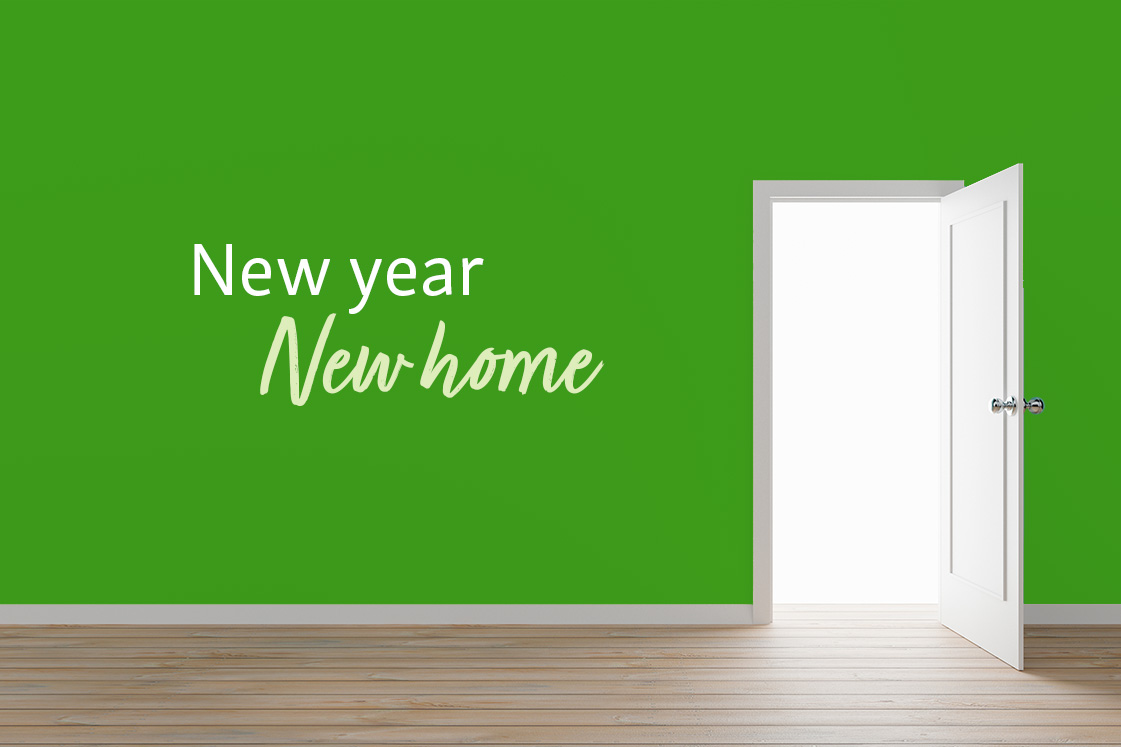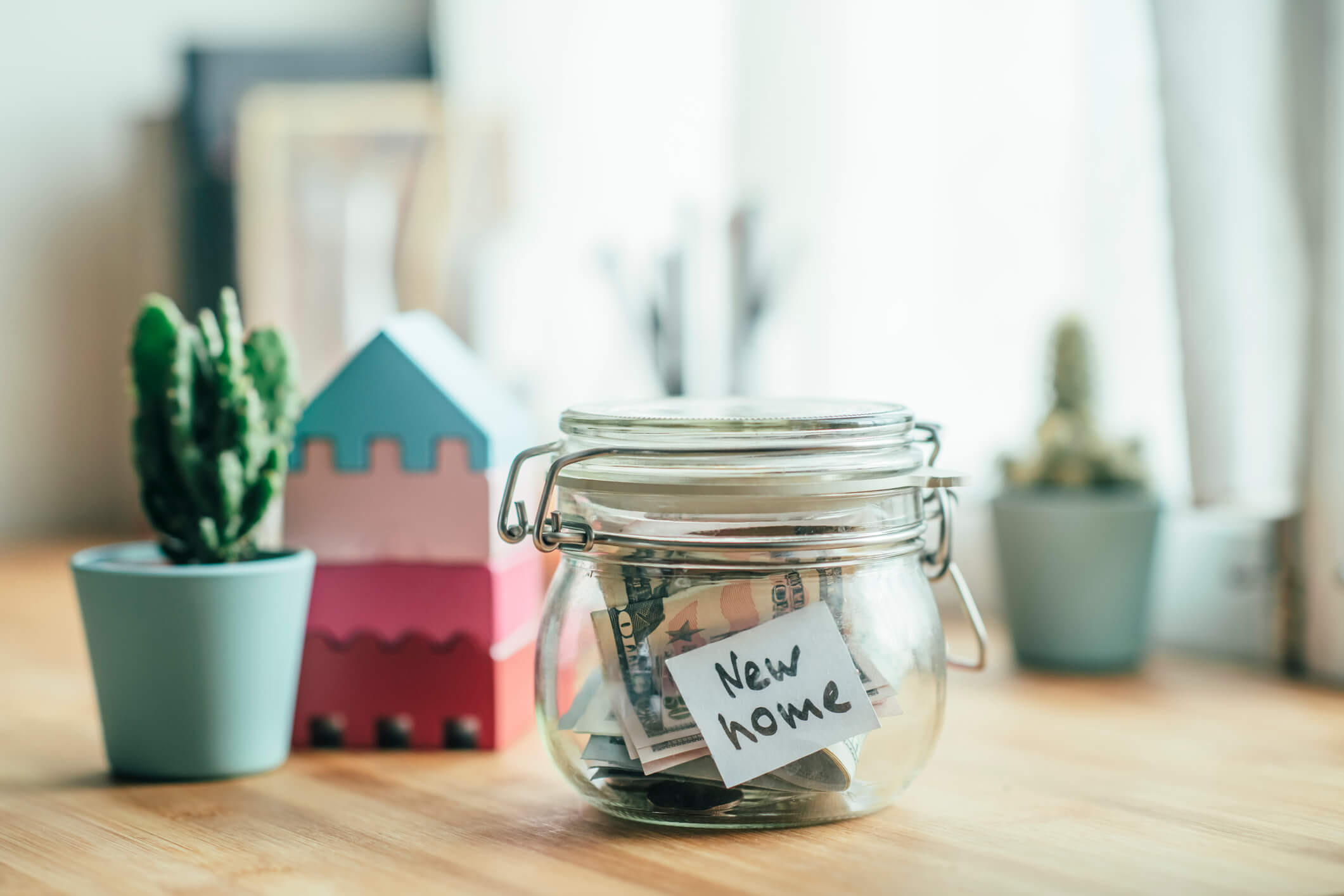An FHA loan is an excellent option to consider if you do not fit the traditional mortgage lending model. This government-backed mortgage may be the solution you need to secure funding for your home.
What Is an FHA Loan?
Insured by the Federal Housing Administration, an FHA loan can be an excellent opportunity for some homebuyers to acquire a mortgage. If an individual has a 500-credit score or better (on the broker’s side), they can enjoy the opportunity to simply make a minimum 3.5% down payment. For first-time homebuyers with credit challenges or very little savings, these are some of the most popular loans around.
Who issues insured FHA mortgages? Answer: Lenders like nonbanks, credit unions, and banks. Why do you need insurance? Answer: The lender is willing to let you purchase a property with a lower credit score or low down payment because they are insured by the FHA. This is one reason why potential homebuyers who might not ordinarily qualify for a loan – but who still need the money with which to purchase a house – can receive very favorable terms. Only lenders who are approved by the FHA can offer these types of loans.
An FHA home loan can be used to refinance or buy the following:
- FHA-approved condominiums
- Four-unit multifamily homes
- Two-unit multifamily homes
- Single-family houses
- Some types of manufactured homes
Conventional Loans Vs. FHA Loans
Compared to a conventional loan, qualifying for an FHA loan may be easier for some. Additionally, FHA loans:
- Regarding gifts of down payment money from charitable organizations, employers, or family, they have more liberal rules.
- Compared to conventional loans, FHA loans allow for lower credit scores. (In some cases, lower mortgage payments, too.)
- Compared to conventional loans, FHA loans may require certain closing costs
FHA Loans – The Different Types
FHA loans come in a variety of options. Here are the most common:
- EEM or Energy Efficient Mortgage
- Title/Property Improvement Loan
- CP (Construction to Permanent) Loan
- 203(k) Rehab Mortgage
- Basic Home Mortgage Loan 203(b)
One of these is most likely better for your situation than others. Each comes with its own set of features, limitations, and benefits. While an FHA loan can be an incredible opportunity for some individuals, it may not be right for everyone.
Explore your options by conferring with the knowledgeable professionals at Mann Mortgage.
Mann Mortgage – It’s Never Been Easier to Apply For A Loan!
That’s a bold statement – but it’s true. In less than 10 minutes, you can apply for the funds you need through Mann Mortgage. With over 18,000 reviews from satisfied customers, we are one of the top USDA RD lenders. For over 30 years, we’ve been offering hassle-free, trusted home lending services.
To assist you in home purchasing, we’ll go above and beyond what’s expected as your personal, reliable mortgage expert. Just some of the loans we offer include the following:
- Reverse mortgage
- Renovation
- Construction
- Jumbo loan
- USDA RD
- FHA loan
- VA
- And of course, conventional loans
Use our Branch Finder to see if we have a location near you.
Feel free to contact us by calling our office at 855-692-0102 or emailing us at contactus@mannmortgage.com. You can also use our convenient online form, if you wish. Fill it out, send it in, and we’ll be in touch.











